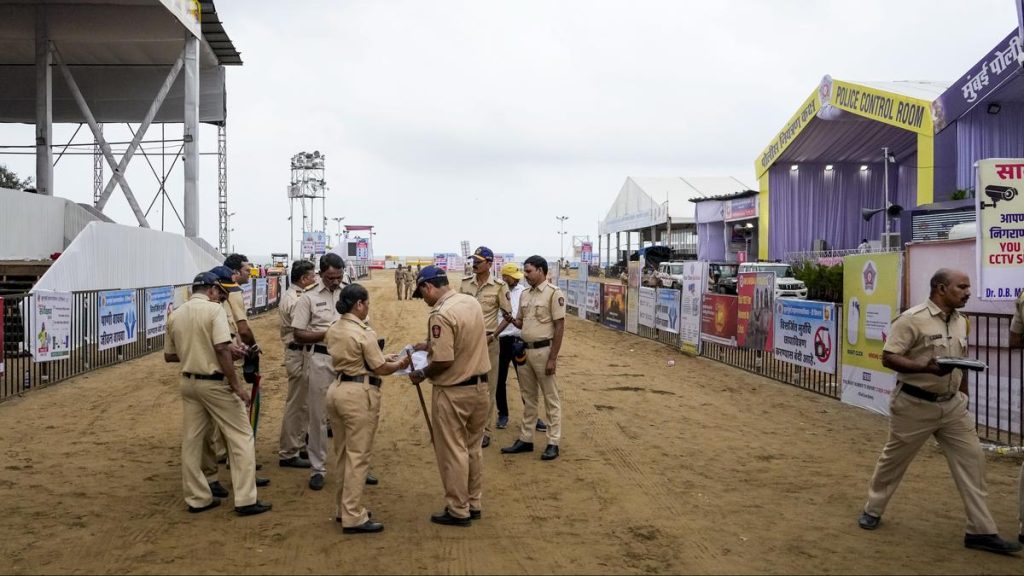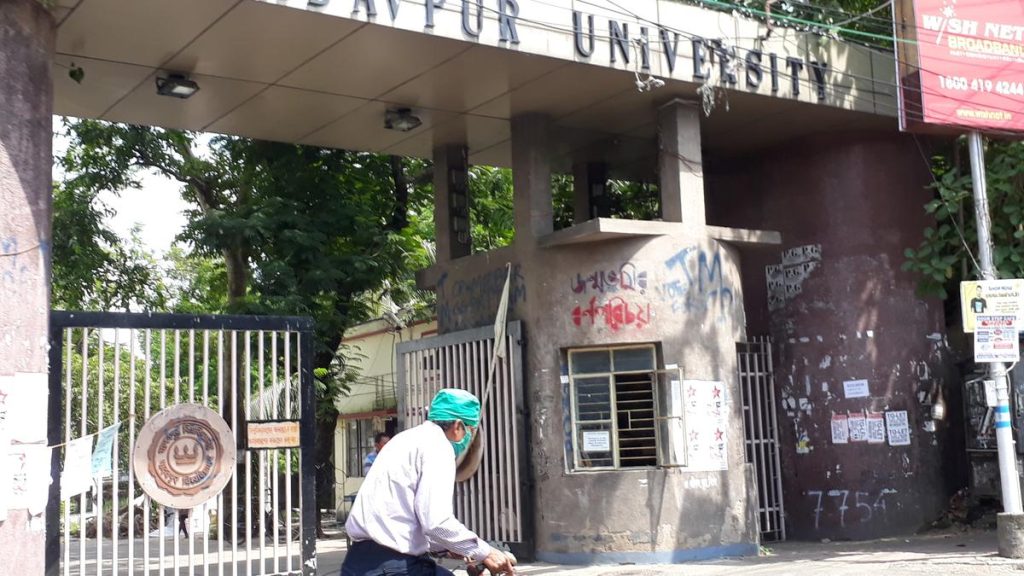Now Reading: Meghalaya Minister Granted High Court Relief in 17-Year-Old Case
-
01
Meghalaya Minister Granted High Court Relief in 17-Year-Old Case
Meghalaya Minister Granted High Court Relief in 17-Year-Old Case

Rapid Summary
- The Meghalaya High Court has quashed all charges against meghalaya Health and Family Welfare Minister Mazel Ampareen Lyngdoh and two others in a 17-year-old case.
- The case, referred to as the “white ink case” or “education scam,” dates back to 2008-09 when Lyngdoh was the Education Minister.
- Allegations included manipulation of score sheets during the selection of assistant teachers for lower primary schools,with accusations of tampering using white ink.
- A police complaint was filed in 2011 under Section 408 of the IPC. In 2017, the examination was handed over to the Central bureau of Investigation (CBI), which filed its chargesheet in 2020.
- Chief Justice I.P. Mukerji ruled that evidence presented failed to show any tampering or interpolation by Lyngdoh or others implicated.
- The prosecution could not produce original documents showing evidence of manipulation,leading to a dismissal for lack of prima facie evidence.
Indian Opinion Analysis
The decision by the High Court provides a crucial precedent regarding procedural thoroughness in highly publicized cases involving political figures. A key takeaway is that investigative agencies must ensure comprehensive and robust documentation before initiating legal proceedings, as inadequate evidence risks undermining years-long judicial processes. For policymakers and stakeholders in India’s justice system, this underscores an chance to refine investigative protocols while emphasizing fairness.
For Meghalaya’s political landscape, this acquittal may bolster mazel Ampareen Lyngdoh’s standing ahead of potential electoral contests.However, public discourse around institutional transparency will likely continue given lingering sensitivities about allegations tied to education system integrity.Read more: [Original Link Not Provided]

























